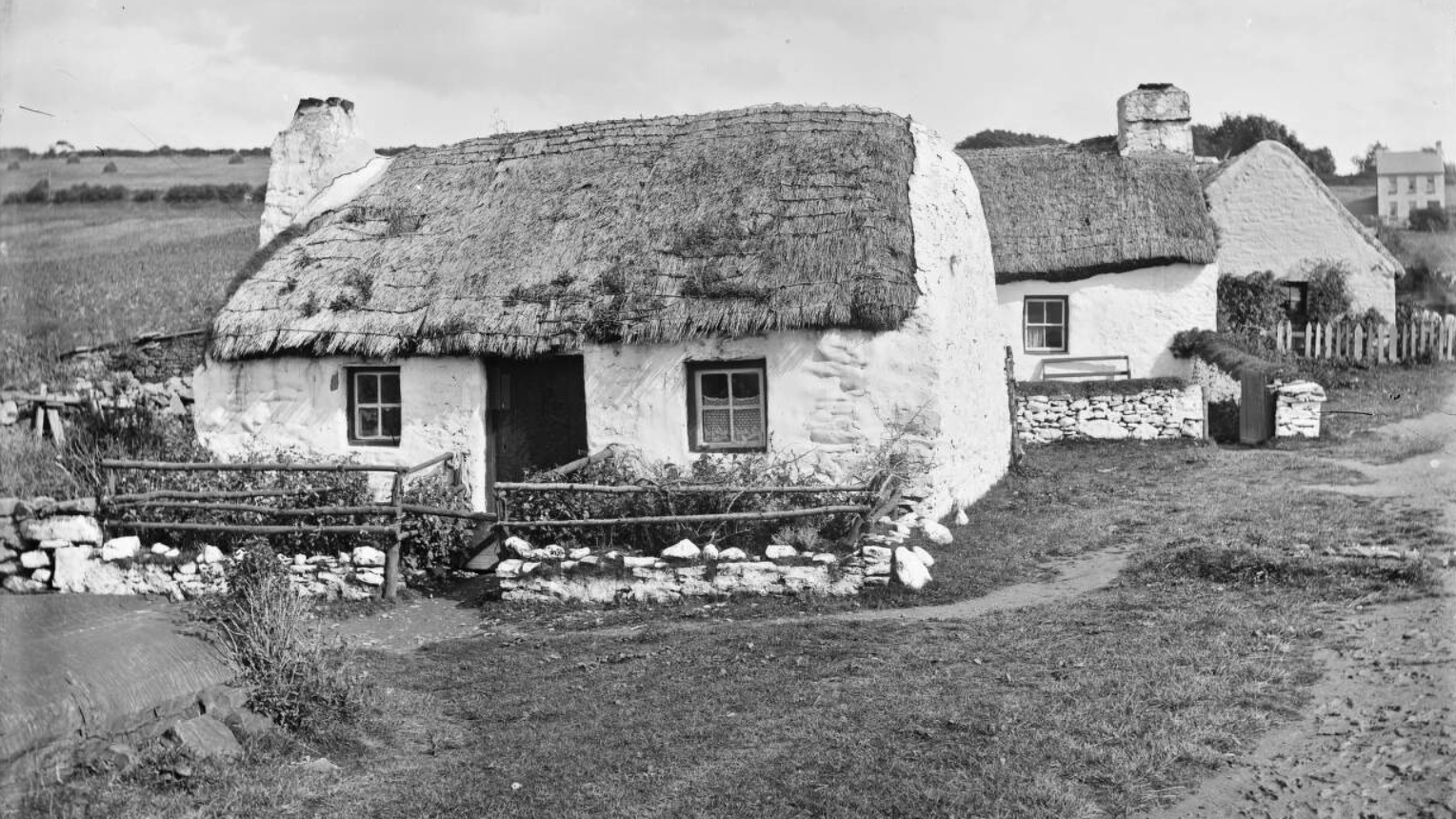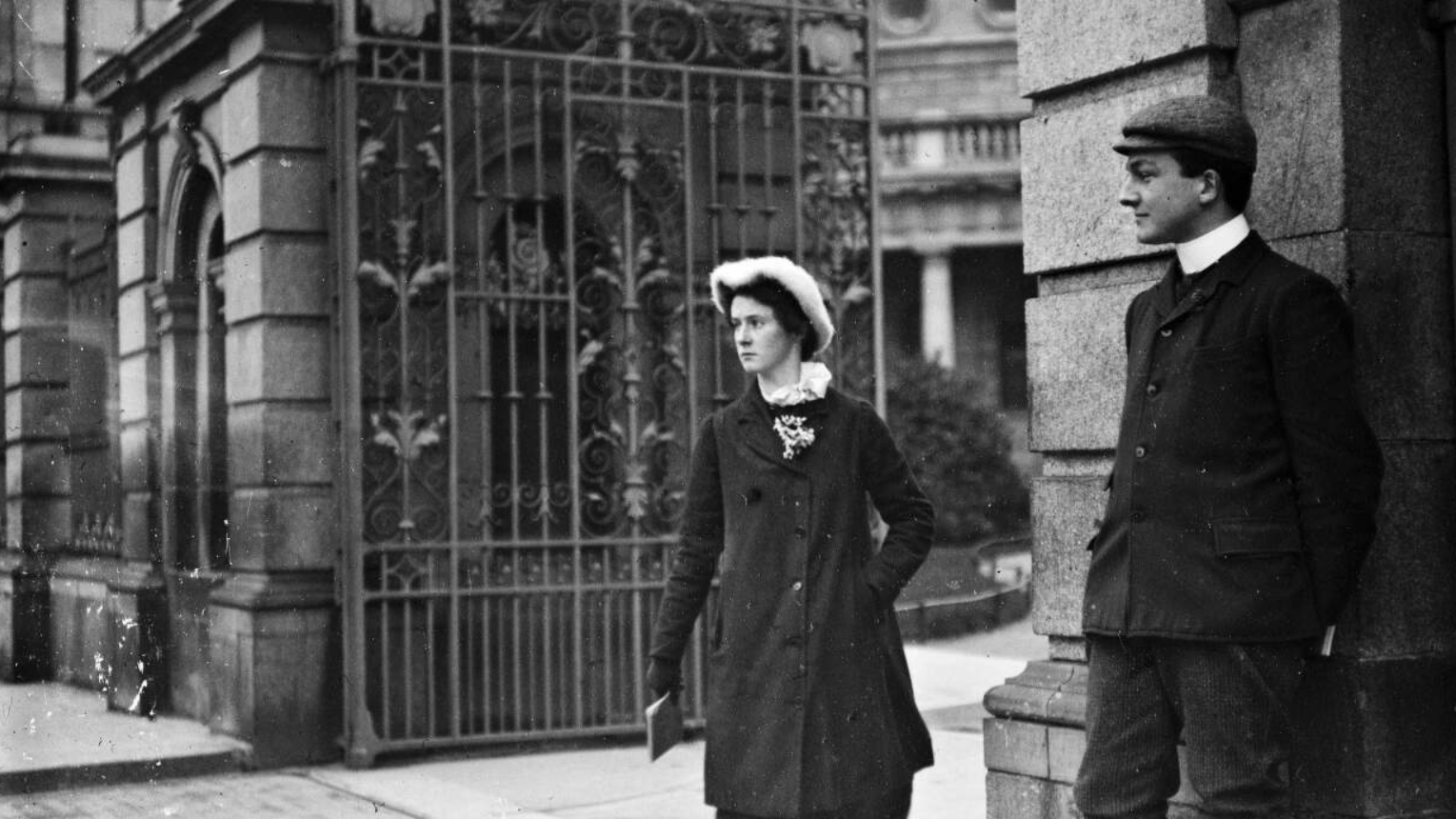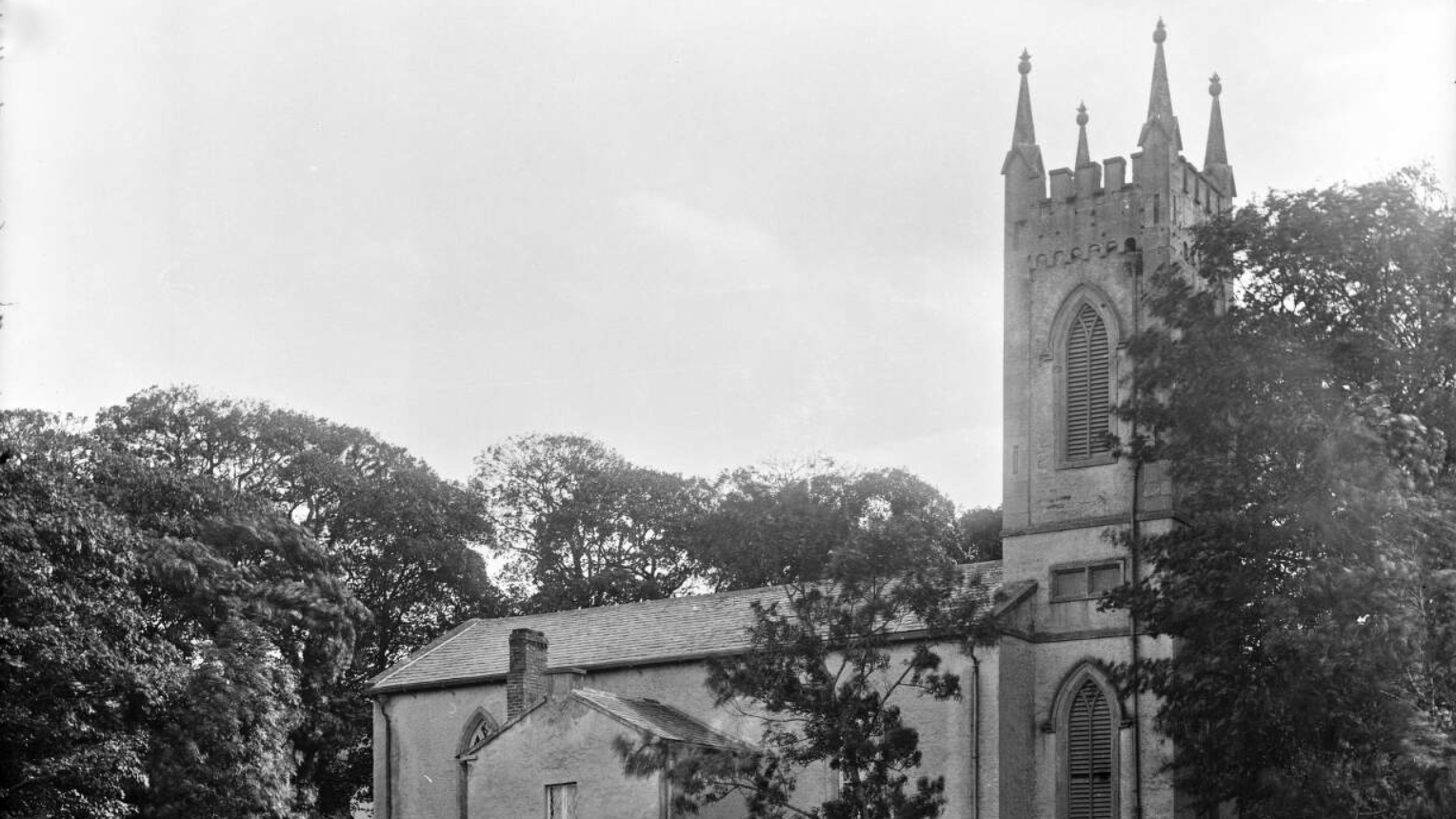
There’s a great free online resource at your fingertips
Great news for anyone searching for their Irish roots is that fact that a large majority of the most important Irish records are free online. There’s a very good reason for this.
Largely due to huge levels of emigration during the famine of the 1840’s, there is a major imbalance between the Irish diaspora and our population at home. There are more than ten times more people claiming Irish descent in the US alone than there are in Ireland, a disproportion found in no other country.
In the 1990s, it became government policy to make as many records as possible freely available online. They’re all in different formats, in different locations, and with their own plus points and minuses – but they exist, and they're free of charge.
The bottom line is that finding your Irish roots has never been easier – or more affordable – so why not make a start on tracking down your ancestors. It might surprise you just how many you have!
You don’t even have to leave your armchair!
In the not too distant past, researching your roots was a slow and cumbersome affair, often involving searches of physical records – many of them incomplete or downright misleading.
The digitalisation of records, however, has made it easier than ever for Americans and other nationalities to seek out their Irish roots, whether north or south of the border, i.e. from the Republic of Ireland or from Northern Ireland.
There’s an embarrassment of riches out there in terms of genealogy websites, but a good starting point would be to check out those listed below:
- Irishgenealogy.ie Home to historic records of births, marriages and deaths of the General Register Office.
- Genealogy.nationalarchives.ie Providing the census records for 1901, 1911 and later, plus a host of other useful sources.
- Askaboutireland.ie This is an initiative of public libraries - together with local museums and archives- in the digitisation and online publication of the original, the unusual and the unique material from their local studies' collections.
- http://databases.dublincity.ie Providing access to a host of Dublin records, and super-easy to navigate and interrogate.
- https://www.nidirect.gov.uk/proni This is the Public Record Office of Northern Ireland – the official archive for the six counties of Down, Derry, Antrim, Armagh, Fermanagh and Tyrone.

Start by talking to the elders of your family.
Before you start your online search, you should talk to the elders of your own family, who may well know the names of your descendants, and the approximate parts of the country where they lived.
In many families, there’s an unofficial keeper of the family history, so try to nail this person down and spend a little time getting as much detail as possible, regardless of how incomplete it may be.
As a general rule, you can research your descendants back to the 1820s – normally completely free of charge. For the descendants of Catholic tenant-farmers, the limit is generally the starting date of the local Catholic parish records. It would be unusual for records of such a family to go back much earlier than the 1780s, and for most people the early 1800s is the more likely limit.
A huge quantity of irreplaceable records was blown up in 1922 during the Irish Civil War, including almost all 19th century censuses. Sadly, nothing will ever bring them back. On the other hand, there are only four universally relevant sources - civil records, church registers, censuses and tax surveys - and nearly all of these survived.
It makes sense to start with the census.
The easiest win for most people starting out is the free National Archives of Ireland census website (http://www.census.nationalarchives.ie/). Here you’ll find the household returns for the censuses of Ireland of 1901 and 1911. Importantly, this site has records for all 32 counties of Ireland – both north and south.
There are also some valuable – if fragmented – records of the pre-famine period, from 1821 to 1851.The next step will usually be to search the civil records of births, marriages and deaths. Registration began for everyone in 1864, with non-Catholic marriages starting in 1845.
The Irish government’s Department of Culture, Heritage and the Gaeltacht runs an excellent free site at irishgenealogy.ie that includes full images of the original registers (births from 1864 to 1916, marriages from 1870 to1941, and deaths from 1878 to1966.
Another great resource is Griffith’s Valuation (1847-1864). This is a highly detailed property survey carried out to assess local taxes. Because so many records were destroyed in the Irish Civil War in 1922, this is now the only comprehensive census substitute before 1901. It’s free online at askaboutireland.ie.

Check out what the Catholic church has to reveal.
For the years before civil registration in 1864, almost the only direct sources of family information are church registers of baptisms, marriages and burials.
As a general rule, Roman Catholic registers begin in the late 1700s or early 1800s in the more prosperous East and South-East. It’s only in the 1840s or later in poorer western counties that these seem registers are in evidence.
While you’re staying in Dublin, it's interesting to know that most pre-1880 Catholic registers have been microfilmed by the National Library and digital images of the microfilms are freely available to check out.
One of the first things every researcher learns is deep scepticism about records and record transcripts. Always look at the original, and be aware that there may be simple spelling mistakes at play – it’s basic human nature.
The good news is that it is now standard practice to combine a transcript with the original record image, so you can see for yourself if there is any danger of mistaking the name/s on the record.
One more way to check your Irishness.
Many of those who visit us each summer are certain that they have some Irish ancestry, and often have a rich store of family folklore to support it.
If you're unsure whether you have any Irish connections, then genetic genealogy might be the route to go. This involves the use of DNA testing to assist genealogical research, and narrow down the parts of the world that are in your genetic imprint.
This can be an excellent starting point. If you know, for example, that you have some Celtic blood, you're much more likely to pursue your search with added energy.
And remember how broad your search can become as you go back in time. You have two parents, four grandparents, eight great-grandparents. If you follow this thread back 250 years or so, you have direct links to 128 families.
And because Irish Catholic families were typically very large, just think of how many long-lost cousins you might have that you simply didn’t know about.
Best of luck with your search.
Social Media Links